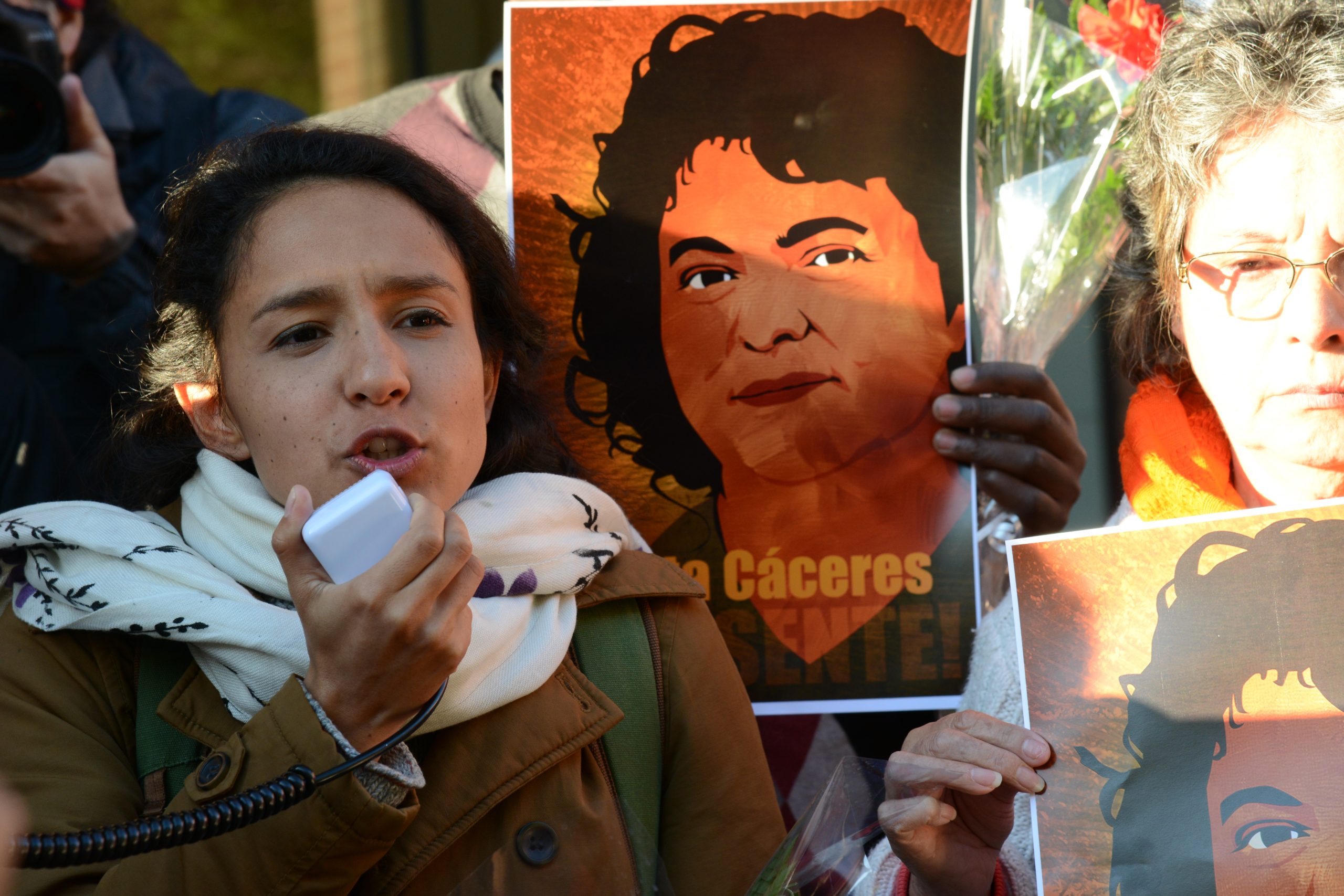Institutionalizing the Revolution or Maintaining the Status Quo: The Question of Plurinationalism in Bolivia
By Co-Editor Winston Ardoin
In a crucial victory for Evo Morales, Bolivia’s former leftist indigenous president, the state’s most recent constitution entered into force on February 7, 2009. The document reorganized the state around the concept of plurinationalism, defined by political scientist Michael Keating as “the coexistence within a political order of more than one national identity, with all the normative claims and implications that this entails.” Proponents of the new constitution saw the codification of plurinationalism as the institutionalization of their revolutionary struggle against the legacy of colonialism and long-standing inequality in Bolivia. Opponents, including some indigenous leaders, disagree, arguing that plurinationalism dilutes sovereign aims and maintains the unjust status quo.
Understanding Plurinationalism in the Bolivian Context
A uniquely Latin American idea developed in the 2000s, revolutionary Andean political leaders with indigenist convictions developed the concept of plurinationalism, defined by former Ecuadorian President Rafael Correa as “the coexistence of several different nationalities within a larger state where different peoples, cultures and worldviews...

